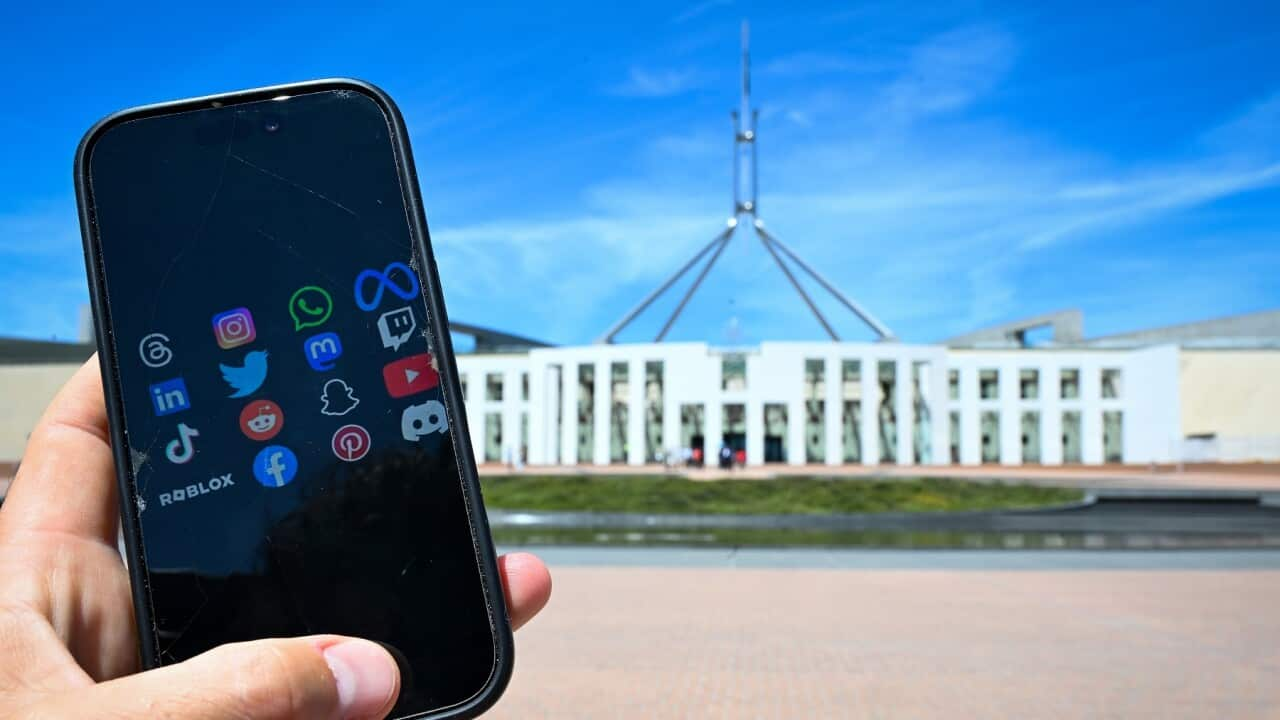Professor Leslie Yeo (YO) from the Royal Melbourne Institute of Technology and his team are developing a device that could one day deliver life-saving cancer drugs and vaccines directly to the lungs.
They're seeking to produce a cheap, light-weight and portable that if successfully realised could replace chemotherapy, as the next-generation cancer treatment.
Professor Yeo hopes to multiply the five-year survival rate for lung cancer, which currently sits at 15 per cent.
He says the problem with traditional treatments such as chemotherapy is that it not only kill cancer cells but also everything else in its path, including healthy cells and tissues.
Professor Yeo says a specially designed nebuliser is needed as conventional puffers are often used in the wrong way by patients and even technicians often resulting in more than 60 per cent of the medication being wasted.
Professor Yeo hopes to push this figure down to 30 to 40 per cent.
"With the nebuliser, you don't require the patient to generate the aerosols to breathing; you press the button, and there's an active mechanism that creates the aerosols. And the idea is that you inhale this midst and, if they're the right size, they go all the way down to your deep lungs.
The nebuliser would use newer types of immunotherapy technology to target cancer cells.
Immunotherapy attempts to prevent or treat disease using substances that alter the immune system's response.
Professor of Life Sciences at the University of Technology Danforn Lim explains, lung cancer treatments require accurate doses to effectively tackle cancer cells.
He says more research needs to go into developing appropriate and efficient inhalation devices
"The device itself is actually very vital because, if the device makes it easy and makes it more dummy-like for patients to use, then it increases the effectiveness of the treatment."
Professor Yeo says his research is trying to verify whether the device can get enough drugs from the terminal airways to the site of lung cancer.
He expects animal tests using the nebuliser to begin soon, and clinical trials within two years, with potential commercial release of the product over the next decade.
He also says the new technology could provide patients with a convenient and inexpensive option, decreasing the frequency of hospital visits.
"Immune therapy is being very effective, but the problem is, you have to go to hospital and get this intravenous infusion, for example, every week. We can also increase the comfort levels of the patient, because they can do it in, say, a clinic, or at home, and self-administer."
Professor Lim hopes in the long-term the nebuliser will help lung cancer patients avoid more invasive treatments including surgery and radiotherapy.
However, he thinks it's too early to say whether or not one single device can completely replace all other cancer treatment options.
"We need to understand cancer treatment is a multi-disciplinary treatment approach. The more people involved, or professionals involved, delivering the appropriate treatment to the patient, that would enhance the patient to have a better quality of life afterwards, and also reduce the chance for the cancer to re-occur."
Professor Lim is hopeful that the innovation would help achieve a higher lung-cancer survival rate in the future, but he says this might be difficult to predict especially when taking into account other health factors affecting the life-expectancy of cancer patients.
Professor Yeo says the nebuliser could also be potentially used by patients with other respiratory diseases, such as asthma, cystic fibrosis, and tuberculosis.
"It's a platform technology. What I mean by platform technology is that, whatever we can nebulise we can deliver. So it doesn't have to be just lung cancer drugs, it could be any lung diseases as long as we can nebulise the appropriate drug for these diseases."
The next stage of the project has been boosted by a recent pharmaceutical company grant.
Professor Yeo along with his colleague Associate Professor Ben Solomon at the Peter MacCallum Cancer Centre, recently received funding as part of Johnson and Johnson's World Without Disease QuickFire Challenge.
The project, "Inhaled Lung Cancer Therapeutics", was selected from a pool of more than 470 applicants worldwide and will receive more than $670-thousand dollars in funding from the company.




